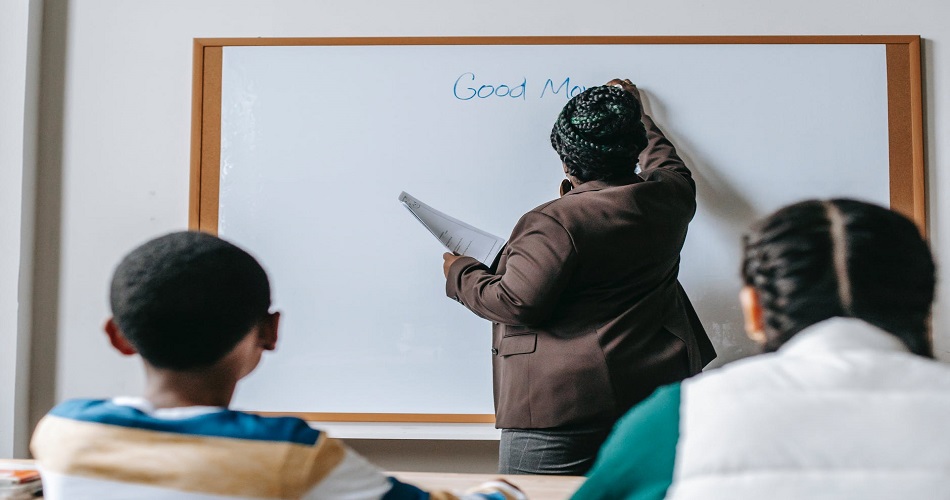How to Shift Students' Attention from Grade to Learning?
17th August 2021

Grading over several decades has dominated our formal education. Only now have we realized there is a need for shift in our approaches. What can be surely said is that the entire educations system including the school, teachers, and parents need to work together to bring in the change that can help students focus on learning instead of grades. We must emphasize developing students' skills and how learning should be their primary goal.
Whether you are getting trained in pre and primary courses or for middle and high school, getting prepared with 21st century skills is fundamental in today’s education industry. The ideology is no longer confined to the grading system as the only aim. A teacher needs to accommodate a thorough understanding in order to prioritize learning over blatant grading.
Ways Teachers can Prioritize Learning over Grade –
Stimulate Intrinsic Motivation
Intrinsic motivation is the key to success in all fields. It is the drive that comes from within where individuals naturally find satisfaction in doing or working for a specific goal. Imagine how a painter enjoys creating art pieces. There is an innate motivation in doing so.
The same thing can be applied in the classroom to encourage students to find learning an enjoyable process. First, teachers need to find ways to keep students' interest alive in the subject matter, and second, students must feel that they can wield a certain amount of control in their learning. To achieve this, two things need to be materialized – passion to learn and autonomy to explore.
To bring a shift in the attention from grade to learning is not an overnight process. The reflection of the teacher’s effort in motivating students to find their anchor in learning needs to be incorporated in day-to-day classroom practice as well as in evaluation. The fact that grade has mattered for such a long time calls for a revival in actions if we are truly interested to lead an actual change.
Encourage Collaboration in Learning
With collaborative learning students gets the scope to understand a single topic from various perspectives – their own as well as the perspective of teammates. When classroom activities are emphasized in group works it brings healthy competition, teaches them to work together in harmony. This helps to catalyze the process of learning with classroom presentations, it also allows students to prioritize learning goals.
The way teachers frame their classroom activities is one of the primary elements that can influence students' outlook on learning. And it beings with how the teacher initiates the lesson plan to how the teacher evaluates students' work. Rather than dictating what the teacher wants the students to learn, when the dialect is shifted to what students will gain from a particular topic is a much better approach.
Rethinking the Talk on Implied Effect
Believe it or not, teachers have a lot of influence on students’ lives. Remember those times when students do not complete their assignments, how we threatened them! The constant fear of making grade an undeniable consequence doesn't make it any better. In today's time besides the need of changing the grading policies, teachers can shift their diction where a student does not feel constant pressure to do well in their grade.
This apparently affects mindful learning, of course, a teacher's job is to ensure students perform well, but this does not take away the concept of encouragement. Making statements that are more supportive towards spirited learning, giving them the time to understand the subject matter, giving them the chance to work and rework is way more ideal.
With teaching opportunities across the globe evidently makes the factor of diversified classrooms obvious everywhere. The fundamentals element of competitive environment for teachers created a heavy demand for teachers who knows what their role is! – Which is being the facilitator of the learning process.
Although there are restrictions and limitations in how much a teacher can do adapt organic learning above grading. Nonetheless, teachers can certainly do their part in bringing real change to the learning environment. A lot is which may require the teacher to get creative. After all, we learn to amplify our skills and knowledge.
Making an effort to ingrain the innate love for learning is easier at an early stage. Teachers who are adaptive to the modern methodologies can seemingly help students focus on learning rather than grades, making Pre and Primary Teachers Training program a major component to feel prepared and confident to participate in the global platform.
Written By : Neha Sharma











